Introduction:
Chen Hei Dou, translated as aged black beans, are a staple in many Asian cuisines, particularly in Chinese cooking. These beans are valued for their rich flavor, nutritional benefits, and ability to enhance the taste of dishes through their unique umami profile. Often used in soups, stews, and fermented products like black bean sauce, Chen Hei Dou are a testament to the art of aging food for enhanced flavor. However, like any other food item, aged black beans can spoil over time, leading to potential health risks if consumed. This article aims to provide comprehensive guidance on how to identify if Chen Hei Dou have gone bad, ensuring that your culinary endeavors remain safe and delicious.
Visual Inspection: The First Line of Defense
The most straightforward method to assess the freshness of Chen Hei Dou is through visual inspection. Here are some key indicators to look out for:
-
Color Change: Fresh aged black beans retain a deep, uniform black hue. If you notice discoloration, such as patches of white, gray, or mold, it’s a clear sign that the beans have started to deteriorate. Mold growth is particularly indicative of spoilage, as it signifies microbial activity that can produce harmful toxins.
-
Surface Texture: Touch the beans lightly. They should feel dry and slightly hard, with a matte finish. If they appear sticky, slimy, or have a shiny coat, this indicates moisture absorption, which promotes bacterial growth. Wetness is a red flag for spoilage.
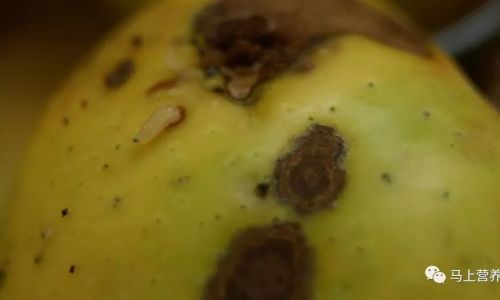
-
Cracks and Splits: While cracks and splits in the bean coat are natural with aging, excessive cracking or the appearance of internal mold within these cracks is a sign of advanced decomposition.
-
Insects and Infestation: Check for signs of insect activity, such as tiny holes, larvae, or insect fragments. Insects are attracted to food sources that are beginning to decompose, making their presence a reliable indicator of spoilage.
Olfactory Assessment: Trust Your Nose
Aroma plays a crucial role in determining the freshness of Chen Hei Dou. Here’s how to use your sense of smell effectively:
-
Fresh Aroma: Fresh aged black beans have a distinct, earthy aroma with a hint of nuttiness. This scent should be pleasant and inviting.
-
Off-Odors: If the beans emit a musty, moldy, or rancid smell, it’s a strong indication that they have spoiled. These odors are caused by microbial activity and the breakdown of fats and proteins within the beans.

-
Strong Chemical Smell: Sometimes, beans may have been treated with preservatives or chemicals to extend their shelf life. If you detect a strong, artificial scent that doesn’t belong to naturally aged beans, it’s best to avoid using them.
Taste Test: A Cautious Approach
While taste testing might seem like a direct way to assess freshness, it’s important to exercise caution. Spoiled beans can harbor harmful bacteria and toxins that may not be immediately detectable by taste but can still pose health risks. However, if you are confident in the visual and olfactory assessments and still want to proceed with caution, here’s how:
-
Small Sample: Take a very small piece of a bean and taste it. Do not chew thoroughly or swallow immediately.
-
Flavor Profile: Fresh Chen Hei Dou should have a rich, savory flavor with a slight sweetness. If the taste is bitter, sour, or has an off-flavor, discard the beans immediately.
-
Mouthfeel: Pay attention to the texture in your mouth. Spoiled beans may feel mushy, slimy, or have a strange aftertaste.
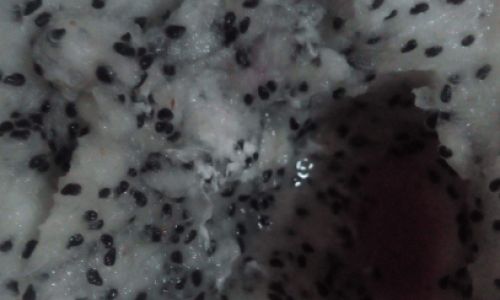
Storage Conditions: A Key Factor
Understanding how Chen Hei Dou were stored can provide valuable insights into their current state. Proper storage is crucial in preserving the quality and safety of aged black beans:
-
Cool, Dry Place: Chen Hei Dou should be stored in a cool, dark, and dry place. High temperatures and humidity accelerate the decomposition process.
-
Airtight Container: Using an airtight container or vacuum-sealed packaging helps prevent moisture absorption and the ingress of contaminants.
-
Expiration Dates: While aged beans can last for years if stored correctly, always check for any best-before or expiration dates provided by the manufacturer.
-
Signs of Previous Moisture Exposure: If the packaging shows signs of moisture, such as condensation or dampness, it’s likely that the beans inside have been affected.
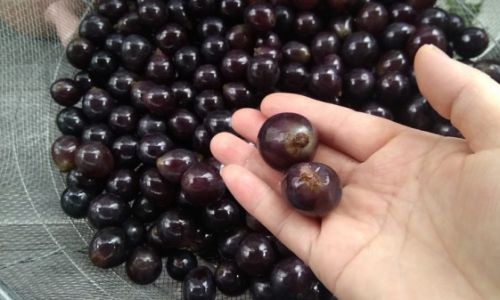
Conclusion: Prioritizing Safety and Quality
Consuming spoiled Chen Hei Dou can lead to food poisoning, characterized by symptoms such as nausea, vomiting, diarrhea, and abdominal pain. Therefore, it’s crucial to regularly inspect your aged black beans for signs of spoilage. By combining visual inspection, olfactory assessment, and cautious taste testing with an understanding of proper storage conditions, you can ensure that your Chen Hei Dou remain a delicious and safe addition to your culinary repertoire.
Remember, when in doubt, throw it out. The risk of foodborne illness far outweighs the potential cost savings from using spoiled ingredients. By prioritizing safety and quality, you not only protect your health but also maintain the integrity of your dishes, ensuring that every meal is a delightful and worry-free experience.
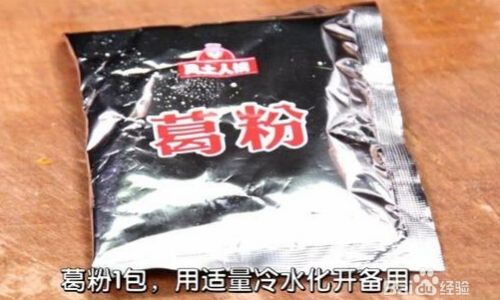

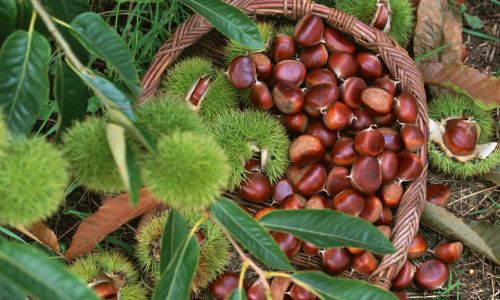
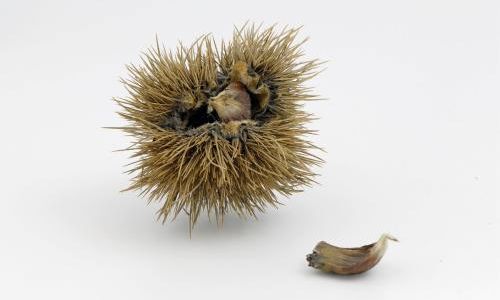
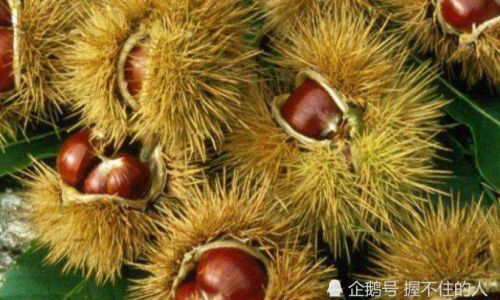
0 comments